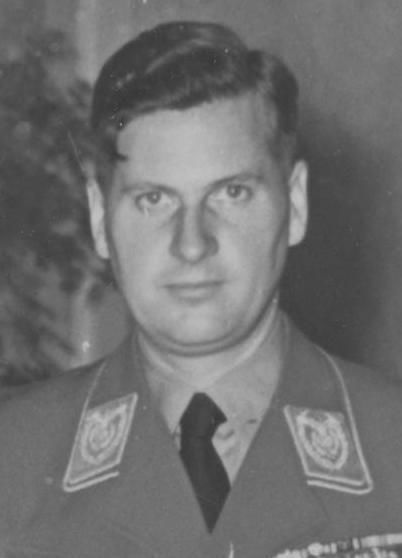On 23 May, the interrogation began of Baldur Benedikt von Schirach, who had been accused of war crimes and crimes against humanity. Schirach was primarily of interest because he had been a "jugend-führer" - the leader of the Nazi youth organisation Hitlerjugend, or Hitler youth.
Schirach came from a noble family. On 29 August 1925 he joined the NSDAP and advanced rapidly. In 1931 he became leader of the German youth, and in 1936 concluded an agreement with the Reichsführer SS Heinrich Himmler, under which membership in the Hitlerjugend was a prerequisite for young candidates to be admitted to the SS.
Schirach made this the biggest organisation in Germany - it included 97 percent of youths who were of military age. He was repeatedly accused of moral laxity, but Hitler got Schirach off the hook, appointing him Gauleiter, or regional head, in Vienna. It was there that his henchman first took up the "Jewish issue".
At his trial, Schirach declared himself a fan of Goethe's ideas. He claimed that he only headed a sports scouting organisation and that he had never been engaged in military training. He said to the court: "I hated all sorts of manoeuverable games in Hitlerjugend. I've never had officers as employees." He tried to shift the blame for raising a generation of young Nazi fanatics to his successor the Reichsleiter Artur Axmann.
Schirach's defence was scuppered by documentary and physical evidence, as well as witness statements. He was found guilty of crimes against humanity, sentenced to 20 years in prison, and served his full sentence in Berlin's Spandau military prison. In September 1966 he was released. Nine years later he published a book of memoirs "I believed in Hitler". He died in 1974.
Schirach and his wife were deprived of parental rights and their children were raised in state orphanages.
Source:
Konstantin Zalesskiy. Chiefs and warlords of the Third Reich. - M.: Veche, 2000.
























